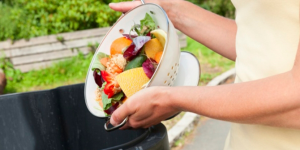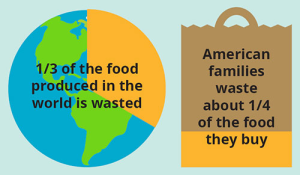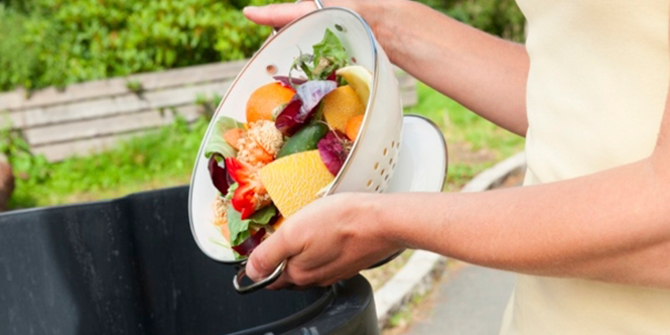
In the heart of every household, the battle against food waste begins. This comprehensive guide offers practical, everyday strategies for individuals and families to minimize waste, from thoughtful meal planning to embracing composting. Discover actionable tips that empower you to make a difference in reducing food waste, creating a more sustainable and mindful kitchen.
1. Mindful Meal Planning: The Foundation of Waste Reduction
Embark on a journey of mindful meal planning to reduce over-purchasing and ensure that every ingredient serves a purpose. This section will provide actionable tips on creating shopping lists, understanding portion sizes, and repurposing leftovers into creative, delicious meals. By planning ahead, you not only save time but also contribute to a more efficient and waste-conscious kitchen.

2. Smart Storage Practices: Keeping Food Fresh for Longer
Proper storage is a key player in the fight against food waste. Explore effective ways to store fruits, vegetables, and perishables to extend their shelf life. From utilizing airtight containers to maximizing the use of your refrigerator and freezer, these tips will help you preserve the freshness of your ingredients, minimizing the likelihood of premature spoilage.
3. Embrace the “First In, First Out” Rule: A Simple Strategy for Rotation
Implementing the “First In, First Out” (FIFO) rule is a straightforward yet powerful strategy to reduce waste. This section will guide you through the practice of organizing your pantry and refrigerator to ensure that older items are used before newer ones. By embracing FIFO, you not only minimize the chances of food items expiring but also gain a better understanding of your inventory.
4. Creative Cooking: Transforming Leftovers Into New Delights
Leftovers often linger in the back of refrigerators, forgotten and eventually discarded. This segment explores creative cooking techniques to breathe new life into yesterday’s meals. From repurposing proteins to crafting inventive salads, discover how to turn leftovers into exciting dishes, saving both money and the environment in the process.
5. Composting 101: Turning Scraps Into Garden Gold
Composting is a powerful tool in the fight against food waste. Learn the basics of composting, from setting up a simple compost bin to understanding what can and cannot be composted. This section will guide you through the process, highlighting the environmental benefits of turning kitchen scraps into nutrient-rich compost for your garden. By embracing composting, you close the loop on food waste, contributing to a sustainable, circular system.
6. Conscious Consumption: Navigating Expiry Dates and Food Labels
Understanding expiration dates and food labels is essential in preventing unnecessary waste. Unravel the mystery behind “sell-by,” “use-by,” and “best-by” dates, empowering you to make informed decisions about the edibility of your food. This segment will also explore how to interpret product labeling to minimize confusion and reduce the likelihood of prematurely discarding perfectly good items.
7. Donate Locally: Extending the Lifespan of Edible Surpluses
Explore the opportunities for donating surplus food to local charities, food banks, or community organizations. Learn how to connect with donation programs and redirect excess food to those in need. This section emphasizes the importance of community engagement in addressing food insecurity while simultaneously minimizing food waste.

Conclusion: Cultivating a Mindful Kitchen for a Sustainable Future
As we journey from the kitchen to the compost, it becomes evident that small, intentional changes can collectively make a significant impact on reducing food waste. By implementing these practical tips, you not only contribute to a more sustainable future but also cultivate a mindful kitchen where every ingredient is valued, and waste becomes a rare occurrence.










